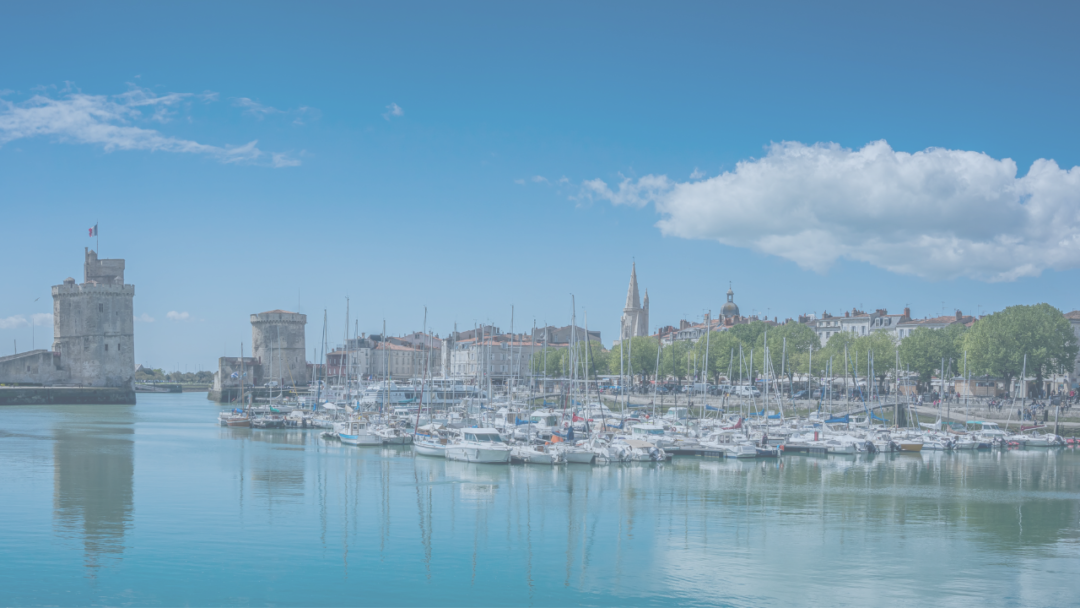The Journal des Maires de France [journal of French mayors] published in September an article on the field visit organised in Augsburg in June, during the General Assembly meeting, of the “Heroes – Against oppression in the name of honour” prevention scheme.
About 20 elected officials visited this scheme, which encourages teenagers to reflect on patriarchal culture. This German scheme could be applied in France.
‘Jawad, where’s your sister? What do you mean you don’t know where she is?!…’ In this classroom in Augsburg, Bavaria, two teenagers are role-playing a father and a son in a Turkish family. The role play is meant to bring teenagers to reflect about the ‘honour culture’ and the position of women in the society where they live.
The exercise is conducted by two 20-year old moderators who are themselves of immigrant origin. They were trained for a year as part of the “Heroes – Against oppression in the name of honour” scheme. About 20 local elected officials and civil servants from European local authorities met the project leaders in June, during a conference of the European Forum for Urban Security (Efus).
Sébastien Viano, Director for Europe at the Nice Côte d’Azur Metropolis, says this project is outstanding. “They use a method that has real impact on the ground,” he says, notably because the young moderators have the same background as the teenagers they are talking to. “They can be role models. Besides, they are properly trained and are considered long-term contributors to the programme,” he says.
> “Among equals”
The Deputy Mayor of Augsburg in charge of Security, Health and Sport, Dirk Wurm, believes one of the most interesting aspects of this scheme, which Augsburg adopted in 2012 inspired by a project in Berlin, is that it creates a dialogue “among equals.”
First set up in 2007 in the German capital, Heroes has since spread to a dozen other German cities.
Its core principle is to foster dialogue with young people from migrant background or, more often today, young refugees who are torn between the demands of their patriarchal culture and the expectations of German society. “We also have the same issues at home,” said David Tounkara, Deputy Mayor of Vaulx-en-Velin (France) in charge of Security, Crime Prevention and Public Peace. “This approach may not be reproducible exactly as it is, but it is a source of inspiration.”
Isabelle Martinez, an officer of Toulouse Métropole working on crime prevention, adds that “the facilitators are young people who speak the same way as their young clients. They’ve had similar lives and their perception has changed in a similar way through the scheme. This is definitely an approach we could adopt at home.”
In the declaration that was adopted by the Efus General Assembly in Augsburg, elected official called for including crime prevention in its broadest sense in the European security agenda.
Nathalie Steiwer


